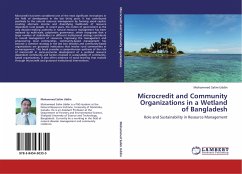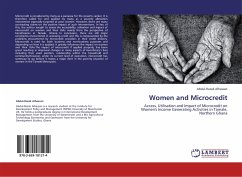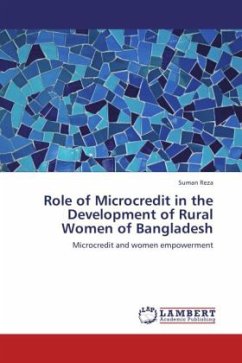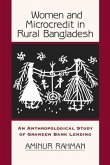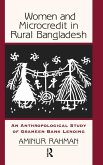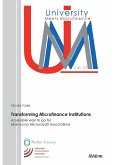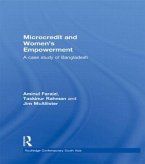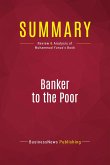Microcredit has been considered one of the most significant innovations in the field of development in the last thirty years. It has contributed positively to the natural resource management by forming social capital, creating alternate income and diversifying livelihoods of resource dependent rural people. In recent years, the notion of government as the only decision-making authority in natural resource management has been replaced by multi-scale, polycentric governance, which recognizes that a large number of stakeholders in different institutional settings contribute to overall management of resources. Improving the management and empowering local communities, community-based management has become a common strategy in the last two decades and community-based organizations are grassroot institutions that involve rural communities in co-management. This book provides a comprehensive synthesis of the role of microcredit in socio-economic development of a wetland resource dependent community and factors involved in sustainability of community-based organizations. It also offers evidence of social learning that evolved through microcredit and grassroot institutional interventions.
Bitte wählen Sie Ihr Anliegen aus.
Rechnungen
Retourenschein anfordern
Bestellstatus
Storno

